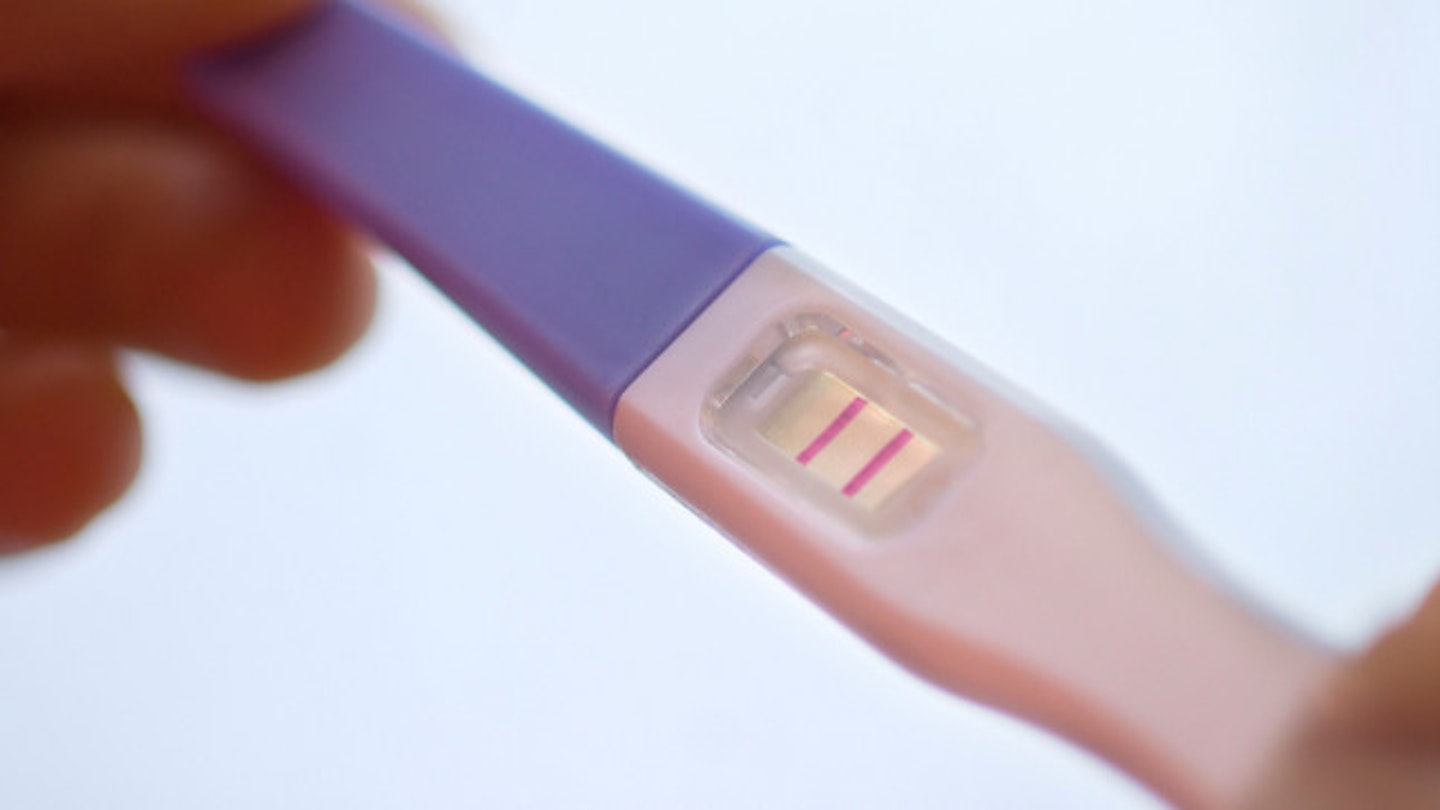If you’ve made the decision to try for a baby, it can be difficult when things don’t happen as quickly as you expected.
However, there are some things you can do to make the most of your chances of becoming pregnant.
Many people, for example, suggest starting your day with a tall glass of fresh orange juice (or nibbling on an orange for breakfast), as it provides an excellent source of folic acid.
Others suggest cutting out coffee, as it is thought to reduce blood flow to the uterus.
And some suggest avoiding vaginal sprays, artificial lubricants, as they can cause a pH imbalance in your vagina and kill off sperm.
But what do the experts recommend?

Professor Nick Raine-Fenning, Consultant Gynaecologist at the University of Nottingham and Medical Director of Nurture Fertility, shares his top tips:
-
Try having sex every two to three days throughout the month to optimise your chances of getting pregnant
-
Try to lead a healthy lifestyle – being a healthy weight, limiting stress where possible and trying to relax can all help
-
Cut right down on alcohol and avoid smoking altogether; studies have shown that smoking just 10 cigarettes a day reduces a woman’s chances of conceiving by 50 percent
-
If you have a BMI over 30, think seriously about trying to lose some weight. And, if you’re diabetic, it’s VERY important to get your blood sugar levels under control before you conceive
-
Women should take 0.4mg of folic acid each day while trying for a baby, to cut down the risk of problems like spina bifida and miscarriage
-
Over 80% of couples will conceive within a year of trying. If you’ve been trying for a year and aren’t yet pregnant, speak to your GP and ask for a referral to a fertility specialist
-
Don’t wait for too long before seeing a doctor. If you’re over 36 or if you or your partner have any symptoms such as irregular periods or sperm issues, speak to your GP earlier
-
Trying for a baby can cause emotional strain. Joining a fertility support group and speaking to others going through the same thing may help take the weight off your shoulders and reassure you that you are not alone There are options out there to help you to conceive. Speak to your GP or pharmacist to find out more!
-
If you’ve had trouble conceiving but aren’t ready to consider IVF, you could try a home conception aid, such as The Stork, an option for people who are struggling to conceive.
Professor Nick Raine-Fenning is a Consultant Gynaecologist and Reproductive Specialist at Nottingham University Hospital. He is also Medical Director at Nurture Fertility.
***The Stork works by collecting semen into a cervical cap, which is located at the bottom of a condom-like sheath. The applicator then delivers the cervical cap, containing the semen, to the entrance of the cervix. The cervical cap is left next the cervix for 4-6 hours and then removed using a tampon like pull chord. ***
***The cervical cap keeps the semen as close to the cervix as possible, to allow sperm to swim up to the egg. Normal daily activities can be carried out whilst the cervical cap is in place. ***
It is recommended that The Stork be used just before and/or during ovulation.
